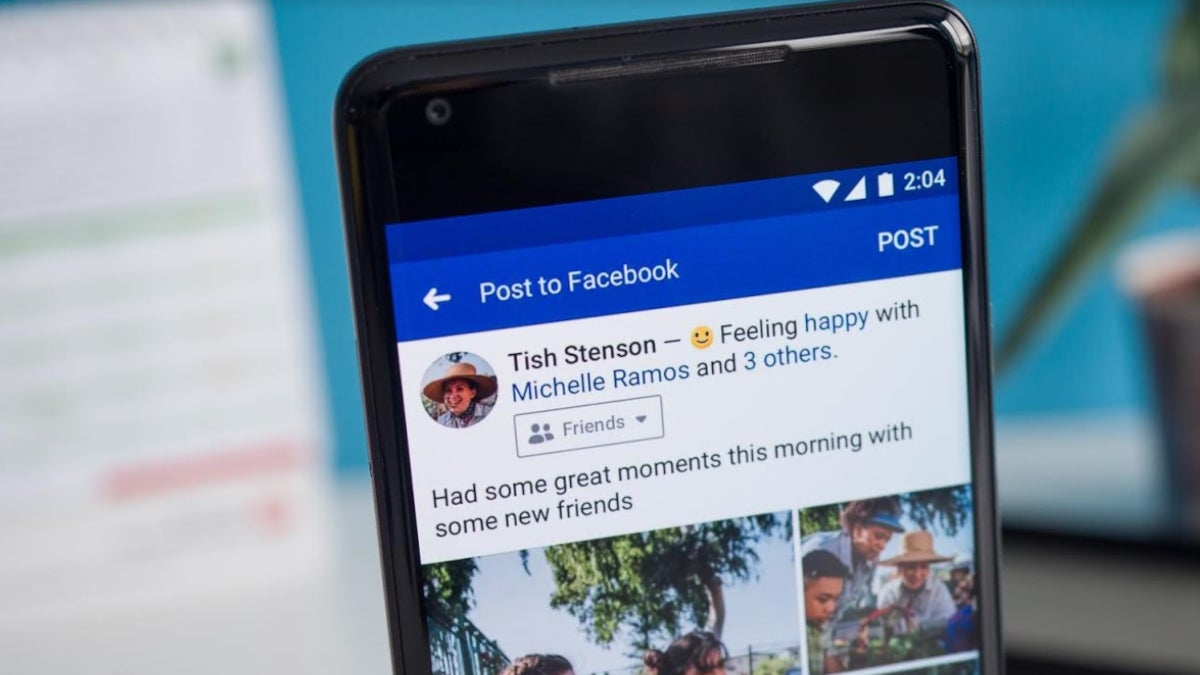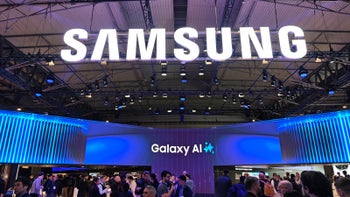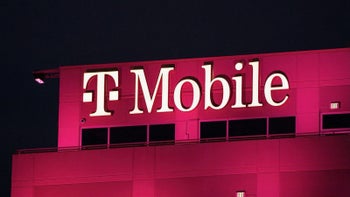Lawmakers could force Apple, Amazon, Facebook, and Google to split up

U.S. tech companies are once again under attack by lawmakers in Washington D.C. The New York Times says that five bills were introduced today aimed at powerful tech firms such as Amazon, Apple, Facebook and Google that use their domination in online shopping, information such as search, and in entertainment to crush competitors.
The bills would make it harder for companies to acquire their rivals and would help fund regulators to help them guard against monopolies.
U.S. lawmakers seek to end anticompetitive and monopolistic behavior on the part of big tech
This would have prevented only a small number of all tech sector deals from getting completed over the last few years. Additionally, filing fees will rise for mergers valued at over $1 billion and be reduced for transactions valued at under $500,000. A summary provided by lawmakers says that an estimate shows that this bill will generate $135 million for antitrust enforcement agencies in its first year.

Facebook is one of the four big tech firms under attack from U.S. lawmakers
Representative David Cicilline, a Democrat from Rhode Island and chairman of the antitrust subcommittee, said, "Right now, unregulated tech monopolies have too much power over our economy. They are in a unique position to pick winners and losers, destroy small businesses, raise prices on consumers and put folks out of work. Our agenda will level the playing field and ensure the wealthiest, most powerful tech monopolies play by the same rules as the rest of us."
The big name Silicon Valley firms have operated for years with very little oversight, but this is apparently going to change. The bills have support from both the left and the right. The four aforementioned tech firms have a market capitalization of $6.3 trillion, more than ten times the value of the 10 largest banks in the country.
This is a battle that goes beyond the borders of the U.S. In Europe, Facebook, Amazon and Google face antitrust investigations and new laws in Australia and India are designed to reduce the power of U.S. tech firms in those countries. Charlotte Slaiman, the competition director for public interest group Public Knowledge, said, "Big tech firms have so many powerful tools to protect their monopolies. These bills would give antitrust enforcers a few more powerful tools to open up digital platform markets for competition."
Some of the bills would force large firms like Amazon to split into two separate companies or be forced to give up their private-label products. One of the proposals is a measure called "the Ending Platform Monopolies Act" and would require big tech firms like Amazon to break up their business. The main concern that lawmakers have is that a company like Amazon could promote its own products over those of its rivals.
Google has been accused of having search results for its own products appear first before those belonging to the competition. Action like this would be covered by a separate bill that would prevent a platform operator’s own products, services, or lines of business to be promoted over those of another business user.
Some tech firms could be split up into two separate companies
Four of the five bills focus on big tech firms. The definition of big tech includes a company having a market cap of $600 billion or more with over 50 million monthly active users. It also must be considered to be a "critical trading partner" that has the ability to block a company from accessing customers or services.
Consider that Amazon has one of the biggest platforms for third-party sellers but it also competes against these vendors using its own in-house brands, and at a price that beats the third-party firms. This is the kind of anticompetitive dealing that U.S. lawmakers are trying to end.
Only four companies meet the definition of big tech while others are close. Walmart, for example, has its own online marketplace, has its own private label products, but its market cap at $392 billion puts it under the $600 billion needed to be considered a big tech firm.










Things that are NOT allowed: